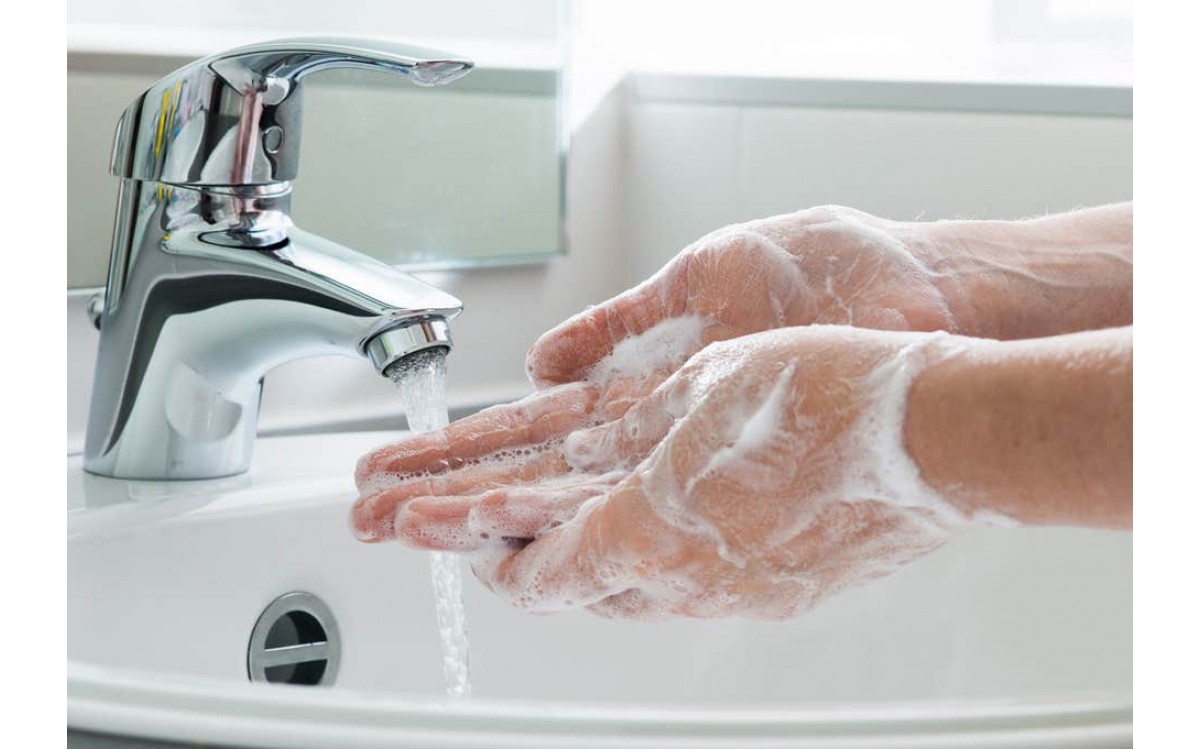
The Facts: What is the COVID-19 Coronavirus and How to Be Prepared
Photo from mylegaledge
Originally Posted On: https://mylegaledge.com/index.php?route=extension/d_blog_module/post&post_id=67
Coronavirus cases now top over 300,000 globally and continue to grow. To find out more about COVID-19 and how to prevent the spread of the disease, read more below.
What Is Coronavirus?
Coronavirus is a respiratory illness that is extremely contagious. What makes this virus so dangerous to humans is that it is a “novel” virus for which there is currently no vaccine. Although the first human trials of a potential vaccine have started in Seattle, Washington this process can take up to 18 months to complete.
Prevention
There are five key things you should do in order to help stop the spread of COVID-19:
1) Wash your hands often for at least 20 seconds with soap and water. If soap and water is not available, use an alcohol based hand sanitizer. For the proper way to wash your hands, check out this video. If you cannot find an alcohol based hand sanitizer, try this recipe to make your own.
2) Cover your nose and mouth with a disposable tissue or an elbow when you cough or sneeze.
3) Avoid close contact with other people. The recommended space is 6 ft.
4) Practice social distancing. If you don’t feel well, stay home. Self-isolate from others within your home as well.
5) Don’t touch your eyes, nose, or mouth if your hands are not clean.
Key Components to Cleaning
Clean the following surfaces often:
- Tables
- Countertops
- Light switches
- Doorknobs
- Cabinet handles
For more information on how long the virus can live on surfaces, read this article.
The Game Plan
Establish a solid game plan with your family members and loved ones. During this meeting, it is important to talk about what every person needs to do in case of coronavirus outbreak occurs in your area.
Next, be sure to identify those within your family and/or community who would have a greater vulnerability if they contracted coronavirus: anyone who is over 65 years of age and/or has a pre-existing
condition, anyone with a weakened immune system, people with asthma, and pregnant women.
If you do not fall within any of these categories, please remember that you can infect others (without even knowing it) so it is important that you also follow prevention protocols.
Understand the Symptoms
Understand the symptoms of coronavirus so that you know what to look out for. For example, some of the most common symptoms of COVID-19 include the following:
- Fever
- Tiredness
- Dry Cough
- difficulty breathing (in severe cases)
If you or someone you know develops these symptoms, seek out medical attention. However, don’t just walk in to a medical facility. Call your health care provider’s office om advance of a visit. It is important to do this because you don’t want to infect other patients or the medical staff if in fact you test positive for COVID-19.
Also, now many medical facilities use telehealth technology to assist with medical needs.
On top of practicing excellent hand hygiene, you should remind people in your home that they should be extra clean this time as well. Of course, this is one of the only ways to help your loved ones avoid contaminating one another with COVID-19. In addition to this, it is also a good rule of thumb to stay away from those who you believe are ill.
Have someone in your household who is infected?
If that’s the case, plan to quarantine them in a separate part of the household immediately and you should also self quarantine as well.
Review Your Plan
Make sure to review your household plan with your family: consider a two-week supply prescription medications, food, and other essentials. Establish ways to communicate with others. Establish needed plans to telework. In addition, keep your important documents close at hand. This will include your power of attorney form, living will form, and other pertinent information.
To learn more about COVID-19 preparedness, visit cdc.gov, coronavirus.gov, and Google COVID-19 Information and Resources.
